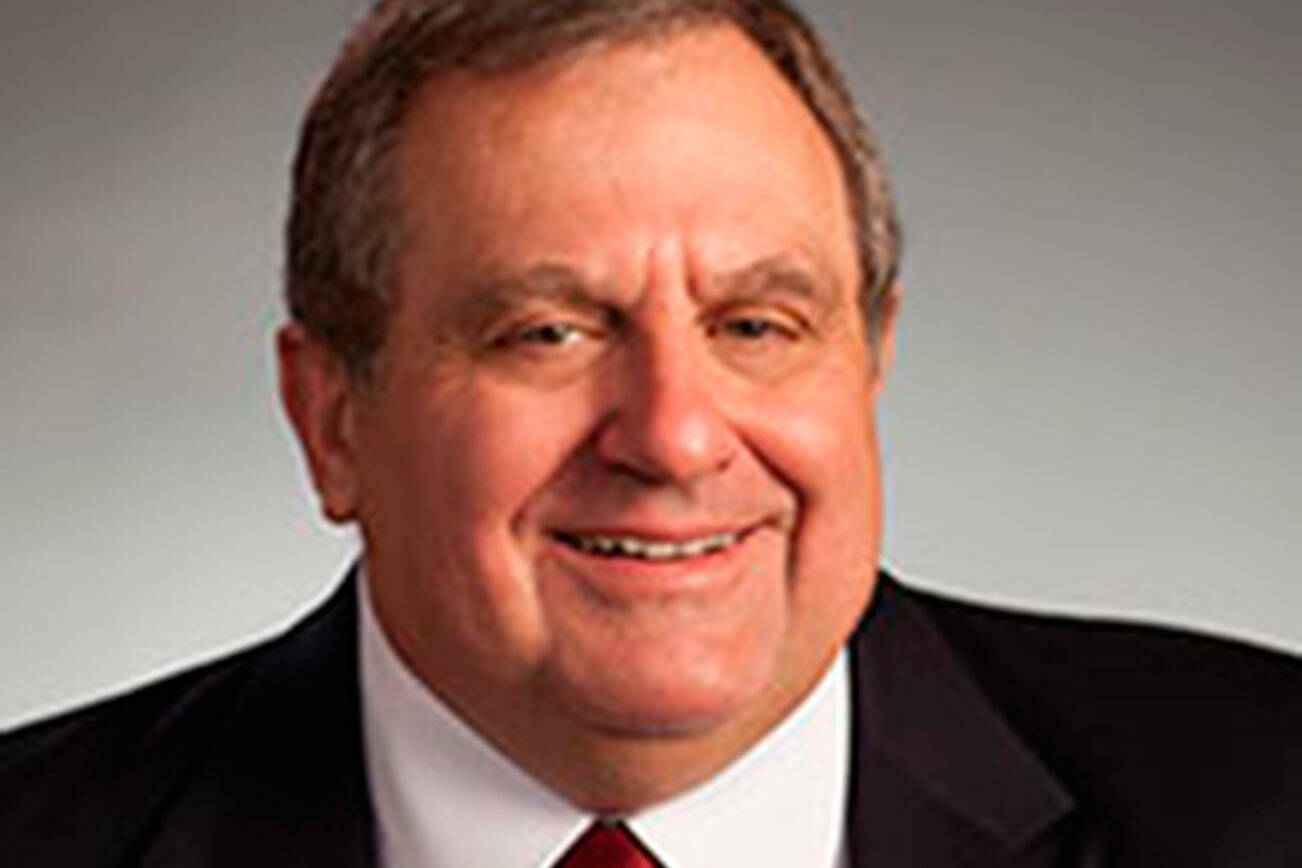Seattle’s 1962 World’s Fair was awe-inspiring. It previewed developments that would improve our daily lives in the next millennium. While “Century 21” memories have faded, three of its landmarks remain as reminders of the innovations it inspired: Seattle Center, the Space Needle, and the monorail.
One thing many remember is “The Bubble-ator,” a glass ball-shaped elevator in the coliseum (now Climate Pledge Arena) that gradually climbed to the middle of a contoured map of the Puget Sound region. As the narrator described Seattle in the year 2000, tiny lights lit up showing a monorail network linking downtown to suburbs.
The Fair highlighted the Pacific Northwest’s lifestyle and economic advantages — which still includes low cost, reliable and abundant hydropower.
In 1962, the Seattle metropolitan area’s population was 1.5 million. Today, it is 3.5 million and traffic planners are scrambling to discover new ways to reduce congestion and air pollution.
The monorail was envisioned as an all-electric people mover. It was elevated, avoiding traffic jams. The same system was installed at Disneyland in 1959 and was expanded to other Disney entertainment parks.
During the Century 21 Exposition’s six-month run, the monorail carried over 90 percent of World’s Fair visitors — a total ridership of 7.4 million. Fair-goers could ride the city’s electric trolley buses to the monorail terminal at Westlake Center and zipped above the congested streets to Seattle Center.
The monorail was supposed to be the centerpiece of a new land-locked transportation system. Even though it had broad support from the residents it would serve, the monorail never expanded beyond its one-mile route. It was deemed too costly build out.
Fast forward 60 years when improving air quality is a top priority. Much of the CO2 is generated by vehicle emissions. In Washington, billions are being invested to decarbonize our air by replacing gasoline and diesel powered cars, trucks, buses and even ferry boats with electrics.
In 2021, Washington’s Legislature set a non-binding 2030 goal requiring all new vehicles sold in Washington to be non-greenhouse gas emitters. It created a sales and use tax exemption for hydrogen-powered vehicles, which emit water and heat rather than CO2 and other greenhouse gases.
Replacing gas and diesel fueled cars, trucks, buses and ferries will take time and will be costly. Earlier this month, Seattle Times’ David Kroman wrote: “Though sales of electric vehicles have grown in recent years, just 1.3% of cars on the road in Washington run on battery power. And for many, the cost remains prohibitive.”
The goal should be innovative, achievable and reliable solutions. We need to encourage ways to make newer vehicles more affordable much like Henry Ford accomplished in 1913 through the moving assembly line of the Model T.
One example is Seattle’s bus system. King County Metro is replacing old trollies with new battery-electric buses, which use 30% less electricity and can maneuver off overhead powerlines to avoid traffic congestion and cover non-electrified streets.
Another example is Bellingham boat maker All America Marine, which built our nation’s first hydrogen fueled ferry, the Sea Change. It is powered by hydrogen fuel cells much like those providing electricity to the space station. Starting in June, it will carry 75 passengers to various stops around the San Francisco Bay. Its range is more than 300 miles.
Washington plans to replace its 21 ferries diesel-electric ferries with battery operated boats. Norway is the leader in electric ferries. It put three battery operated ferries in service and is working out issues with rapid recharging systems, which has been a disadvantage.
The bottom line is Seattle’s World Fair gave our region a huge lift. Hopefully, it will provide a “blueprint” for future success and inspiration.
–
Don C. Brunell is a business analyst, writer and columnist. He retired as president of the Association of Washington Business, the state’s oldest and largest business organization, and lives in Vancouver. He can be contacted at theBrunells@msn.com.
Talk to us
Please share your story tips by emailing editor@kentreporter.com.
To share your opinion for publication, submit a letter through our website https://www.kentreporter.com/submit-letter/. Include your name, address and daytime phone number. (We’ll only publish your name and hometown.) Please keep letters to 300 words or less.

